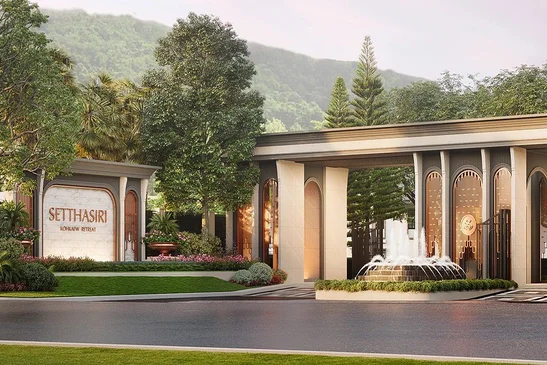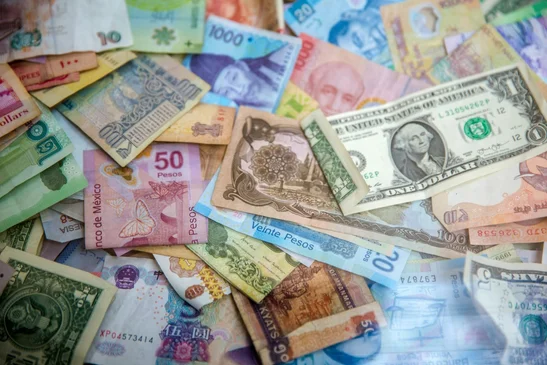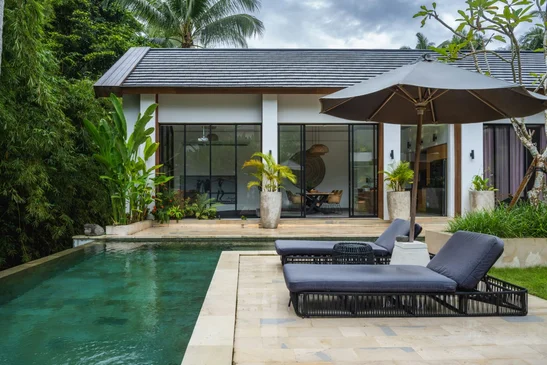Investing in real estate is an enticing venture, especially in a destination as vibrant and diverse as Phuket, Thailand. While the allure of pristine beaches and a booming tourism industry is undeniable, some investors are drawn to a different aspect of the market – fixer-upper properties. These distressed or outdated homes, awaiting a facelift, present a unique set of challenges and rewards for those willing to take on the task.
Challenges
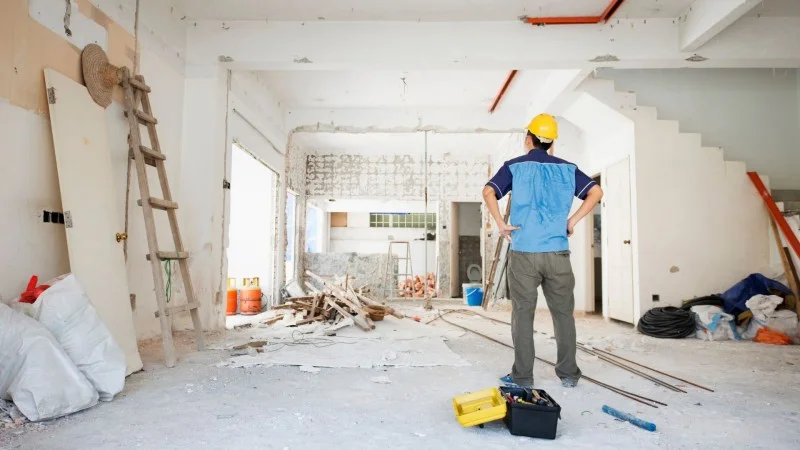
Renovation Costs
One of the primary challenges of investing in fixer-upper properties in Phuket is the potential for significant renovation costs. While labor and material costs for simple repairs and updates may be fairly inexpensive, bringing an outdated or neglected property up to modern standards can require substantial financial investment. It is crucial for investors to conduct a thorough assessment of the property's condition and accurately estimate the costs involved in the renovation process. Most important is to be sure the house is built on good soil, safe from flooding and settling which can crack the foundation and walls.
Navigating Local Regulations
Phuket, like any location, has specific regulations and building codes that investors must adhere to when renovating properties. Identifying and following these local rules can be challenging, especially for those unfamiliar with the intricacies of the Thai real estate market. Working with local experts and professionals becomes essential to ensure compliance and a smooth renovation process.
Timeline Uncertainties
Renovations often come with unexpected delays, whether due to unforeseen structural issues, weather conditions, or bureaucratic processes. Investors in fixer-upper properties should be prepared for potential timeline uncertainties, which could impact their overall investment strategy and financial planning. This is of particular concern in Phuket where construction crews can be notoriously late and unreliable.
Market Volatility
Phuket’s real estate market tends to be seasonal and unpredictable, and the success of a fixer-upper investment relies on market conditions. Economic downturns, changes in tourism patterns, or shifts in local development plans can influence the property's resale value. Investors must carefully assess market trends and be prepared to adapt their strategy based on current conditions.
Finding Skilled Contractors
Finding reliable and skilled contractors for renovations can be a challenge in any location. In Phuket, where language and cultural differences can pose added complications, finding a competent contractor who not only has the skills and expertise, but also availability and reasonable rates can be a crucial hurdle.
Rewards
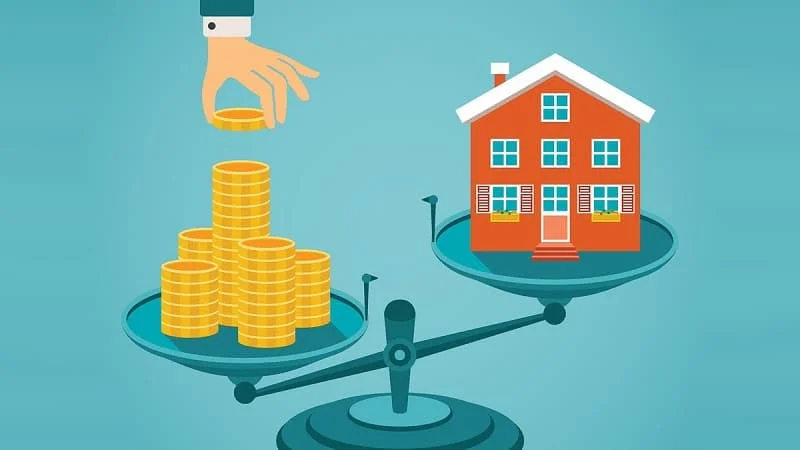
Increased Property Value
Perhaps the leading reason one would invest in fixer-upper properties is the potential for a substantial increase in property value after renovations. Phuket's real estate market, fed by tourism and a growing expatriate community, offers opportunities for investors to capitalize on the demand for updated and modernized homes.
Personalization and Customization
Fixer-upper properties allow one to put their personal touch on the renovations, creating a unique and customized space. This aspect may be of particular interest to those who plan to live in the house themselves. However, even if the plan is to fix and sell the property, it may be easier to sell and for a higher price for a more unique dwelling, especially with the prevalence of average uninspiring designs on the market.
Contribution to Local Development
By improving an existing home, you are not only adding value to your investment but are creating increased potential value for the surrounding homes and neighborhood. As they say, “a rising tide lifts all boats.” Investors who take on these projects also contribute to enhancing the visual appeal and infrastructure of the community.




